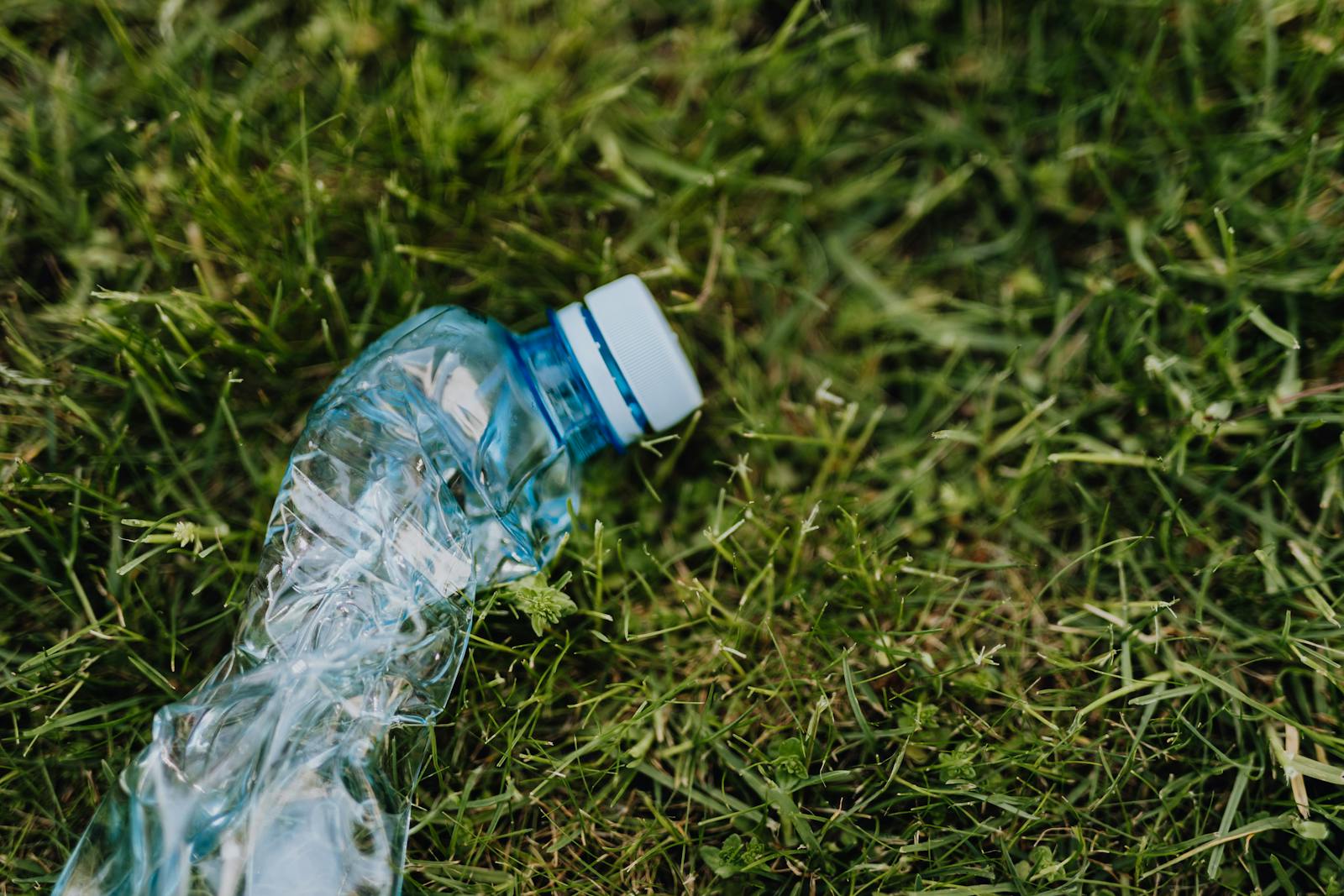How Disposable bottles Affect Your Health
We’ve all seen them: those white plastic cups, bottles scattered around offices, coffee shops, and fast food restaurants. They’re everywhere, and we use them without a second thought. But did you know that those disposable cups come with a host of health risks?
From the process of manufacturing to the chemicals used in their construction, disposable cups are a health hazard. In this article, we’ll explore the dangers of disposable cups and how they can Affect Your Health.

The Dangers of Disposable Cups
Disposable cups or bottles are made from a variety of materials, including paper, plastic, and Styrofoam etc.,. The manufacture of these cups generates a significant amount of environmental pollution. The paper cup is the most environmentally friendly option, but it’s also the least durable. Paper cups are often lined with a plastic or wax coating to prevent leaks, and this lining can leach chemicals into your beverage. Plastic cups are made from petroleum, a non-renewable resource. The production of plastic releases harmful toxins into the environment, and the cups themselves can leach chemicals into your drink. Styrofoam cups are made from a type of plastic called polystyrene. The production of polystyrene release harmful toxins into the environment, and the cups can leach chemicals into your drink. So, what exactly are the dangers of these disposable cups?
1. They’re bad for the environment.
2. They can leach toxins into your drink.
3. They’re made from non-renewable resources.
4. They’re often lined with plastic or wax, which can leach chemicals into your drink.

How They Affect Your Health
The health risks of disposable cups and bottles extend beyond the environmental impact. The chemicals used in their construction can leach into your drink and cause a variety of health problems. These chemicals are known to disrupt the endocrine system and have been linked to a variety of health problems, including cancer, fertility problems, and birth defects. Plastic Cups: Plastic cups are made from petroleum, a non-renewable resource. The production of plastic releases harmful toxins into the environment, and the cups themselves can leach chemicals into your drink. These toxins can cause a variety of health problems, including cancer, endocrine disruption, developmental problems, and birth defects.

Why You Should Avoid Them
Given the dangers of disposable cups, it’s best to avoid them whenever possible. Here are some tips for reducing your use of disposable cups.
1. Bring your own reusable cup.
2. Avoid single-use disposable cups.
3. Bring your own reusable straw.
4. Say no to plastic lids.
5. Recycle or compost your disposable cups.
6. Use insulated water bottles

There are many reasons to avoid disposable cups and bottles and just use insulated water bottles. For one, disposable cups and bottles are bad for the environment. They are made from petroleum-based materials and often end up in landfills where they take centuries to decompose. Additionally, disposable cups are often lined with harmful chemicals like bisphenol-A (BPA) which can leach into your drink and cause health problems.
Another reason to avoid disposable cups is that they are often not as safe or clean as reusable options. For example, many disposable cups are not recyclable and are made from materials that can’t be sanitized. This means that they can harbor bacteria and other germs that can make you sick.
Reusable insulated water bottles are a much better option for both you and the environment. By using a reusable water bottle, you can help reduce the amount of waste produced each year.
There are plenty of other benefits of using a reusable water bottle as well. Insulated water bottles will keep your drinks cold (or hot) for hours, so you can enjoy them at your leisure. They’re also BPA-free, which means they won’t leach chemicals into your water.
So next time you’re reaching for a disposable cup or bottles, think about the environment and opt for a reusable water bottle instead. Your wallet will thank you, too!




